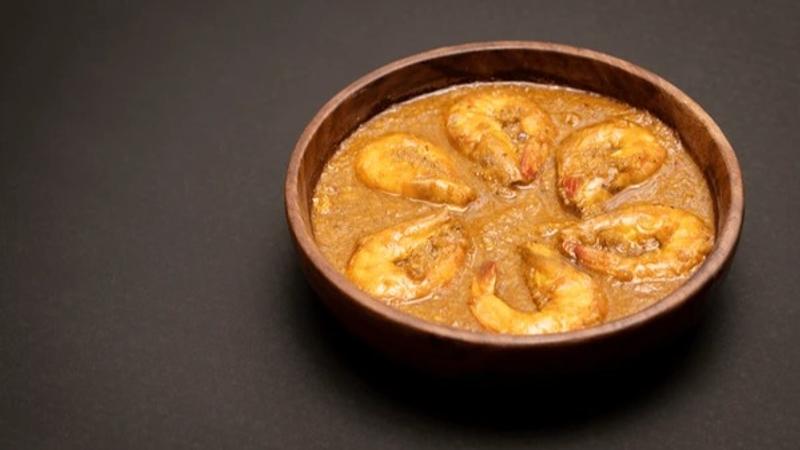Published 14:04 IST, July 4th 2024
Bengal's Chingri Malai Listed Among 'Top 50 Best Seafood Dishes In World'
The Bengali Chingri Malai has marked it presence on the global seafood scene after securing the 31st rank on 'Best Seafood Dishes In World' list by Taste Atlas.

Chingri Malai rranked amongst 'Best Seafoods' in the world | Image:
Shutterstock
- Listen to this article
- 2 min read
Advertisement
14:01 IST, July 4th 2024



